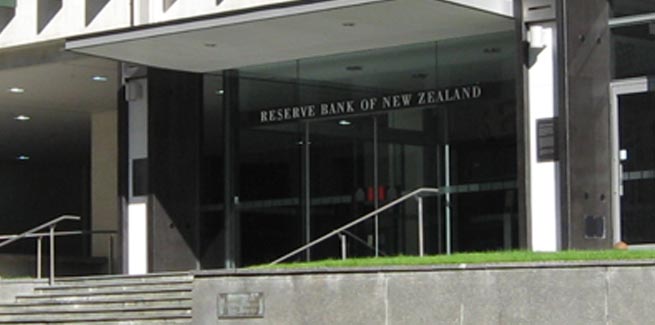As Australia enters into a rising interest rate environment, conditions over the Tasman are escalating quickly, too.
The Reserve Bank of New Zealand (RBNZ) has made its fifth consecutive hike, lifting the cash rate by more than previously anticipated, and sooner.
The increase has taken the official cash rate (OCR) to 2.0 per cent; its highest since November 2016.
In a statement the RBNZ said it was “appropriate to continue to tighten monetary conditions” at pace to maintain price stability and support maximum sustainable employment.
While international fiscal and monetary policy actions have partly cushioned the effect of the COVID-19 pandemic on household incomes and employment so far, the central bank said significant and ongoing disruptions were now being felt, signalling more rate rises to come.
It said it would “continue to lift” the OCR at pace to a level that will confidently bring consumer price inflation within the target range and the extent and timing of future increases depending on the economic outlook and avoiding major risks.
After the inflation rate peaked at 7 per cent in the June quarter, the central bank said it was committed to ensuring consumer price inflation returns to within the 1-3 per cent target range.
In its effort to achieve primary inflation, it said “monetary conditions need to act as a constraint on demand” and the projected path would not cause “unnecessary instability” in output, interest rates and the exchange rate.
“A broad range of indicators highlight that productive capacity constraints and ongoing inflation pressures remain prevalent,” the RBNZ said.
“The level of global economic activity is generating rising inflation pressures, exacerbated by ongoing supply disruptions driven by both COVID-19 persistence and the Russian invasion of Ukraine.
“Once aggregate supply and demand are more in balance, the OCR can then return to a lower, more neutral, level.”
But the central bank warned headwinds are strong, and heightened global economic uncertainty and higher inflation are dampening global and domestic consumer confidence, noting a fall in house prices on the back of higher mortgage interest rates and increased supply of housing.
“Recent and expected increases in mortgage interest rates are likely to contribute to falls in house prices, further reducing households’ willingness to spend,” RBNZ said, adding that household consumption was likely to be relatively subdued in coming quarters.
Despite the growing uncertainty, the central bank said there was underlying strength in the economy supported by a strong labour market, sound household balance sheets, continued fiscal support and strong terms of trade.
“The reduction in COVID-19 health-related restrictions is also enabling increased economic activity, including hospitality and tourism,” the RBNZ said.
[Related: Now was the right time: RBA raises cash rate]
 ;
;
